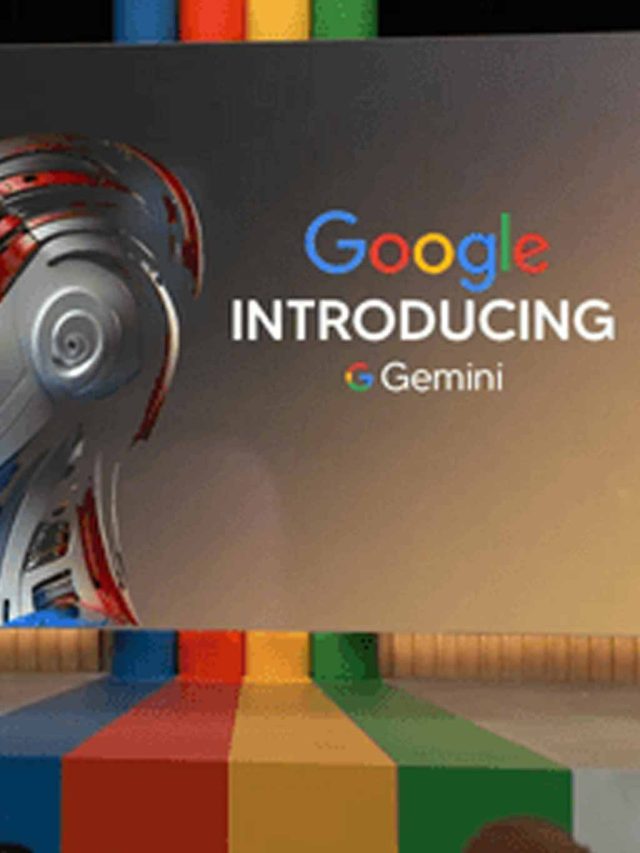Google's marquee generative AI models, Gemini 1. 5 Pro and 1. 5 Flash, have come under scrutiny following recent research suggesting limitations in their ability to analyze and reason over large datasets. Despite Google's emphasis on the models' long context window – touted as a significant advantage in presentations and demos – studies reveal shortcomings in handling complex tasks.
At the heart of the concern lies the models' accuracy. Two independent studies tested the performance of Gemini on datasets akin to the size of Leo Tolstoy's classic, War and Peace. In one instance, researchers evaluated the models' performance on document-based exams, revealing a success rate hovering between 40% and 50%. For instance, Gemini 1. 5 Pro achieved an accuracy of only 46. 7% on a true-or-false test based on a 260, 000-word book. The study highlights the models' difficulty in grasping and reasoning over substantial swathes of text, often failing to make connections between seemingly distant pieces of information crucial for answering questions.
Another study conducted by researchers at UC Santa Barbara investigated Gemini 1. 5 Flash's capacity for video reasoning. The researchers presented the model with sequences of images and corresponding object-related queries. Even in this seemingly straightforward task, Flash's performance was far from ideal. The model achieved only a 50% accuracy rate in tasks like transcribing digits from a sequence of photos, with the success rate dipping to a concerning 30% when dealing with more complex sequences.
These findings challenge Google's assertions about Gemini's capabilities. The company has consistently portrayed the models as capable of handling impressive feats like summarizing lengthy documents or sifting through video footage to locate specific scenes. However, the studies underscore a significant gap between these claims and the reality – Gemini appears to struggle with tasks that necessitate a deep understanding of context and the ability to draw inferences from vast amounts of data.
The research also reignites the debate on transparency and realistic benchmarks in AI development. Overhyped claims about AI capabilities can mislead the public and create unrealistic expectations. The findings around Gemini serve as a reminder of the ongoing need for AI development to be grounded in empirical evidence and focus on demonstrably reliable applications.
